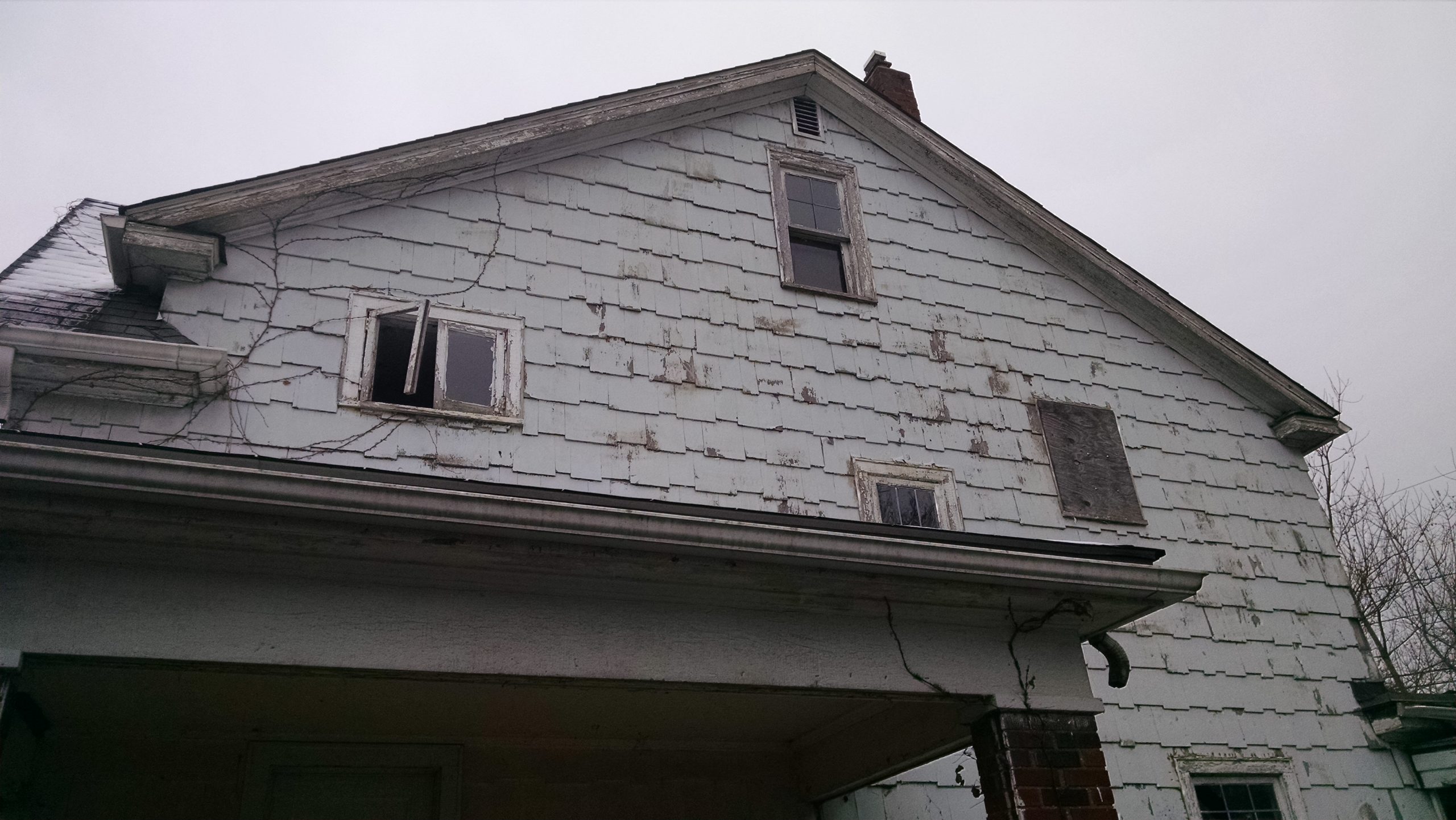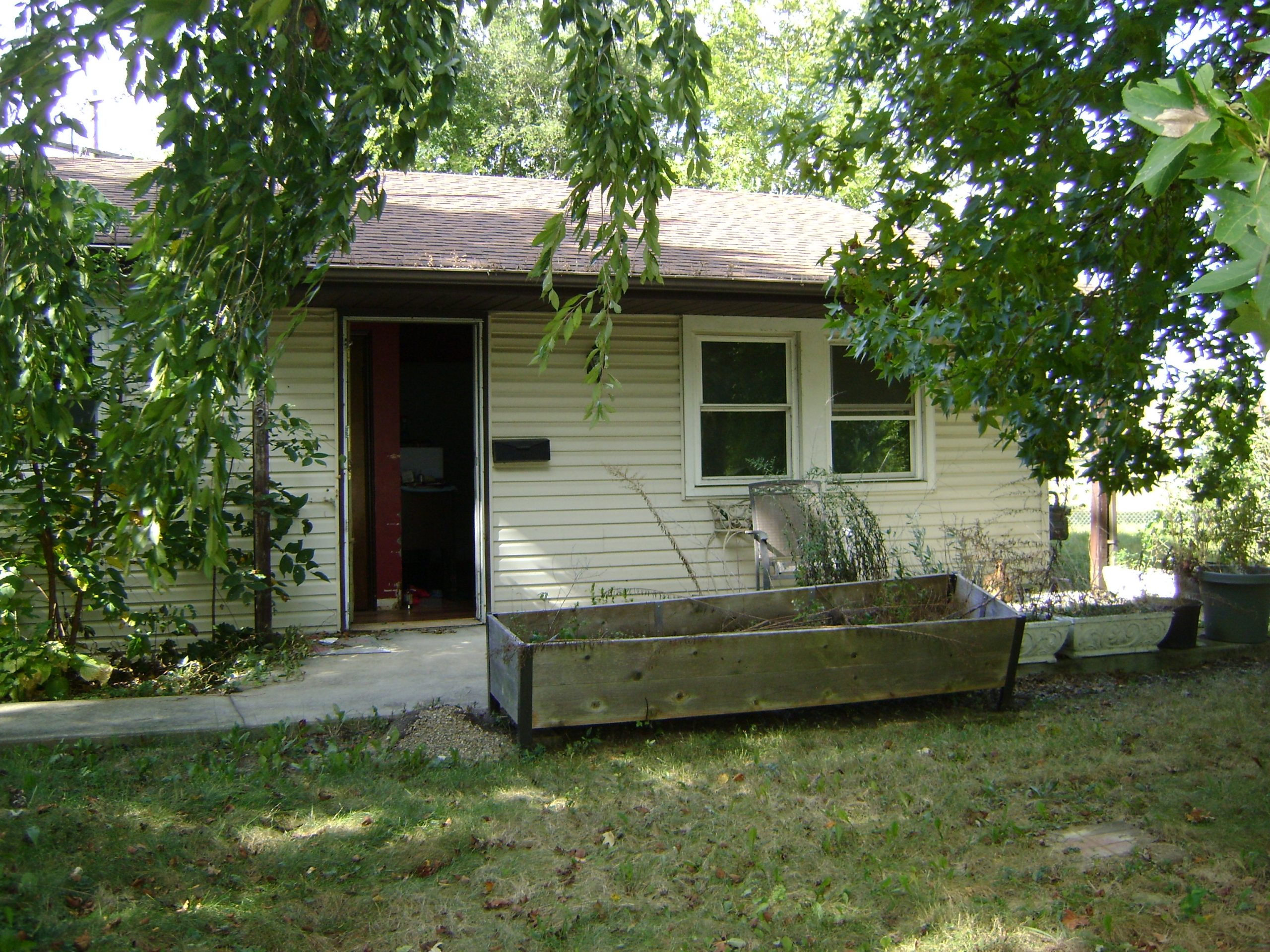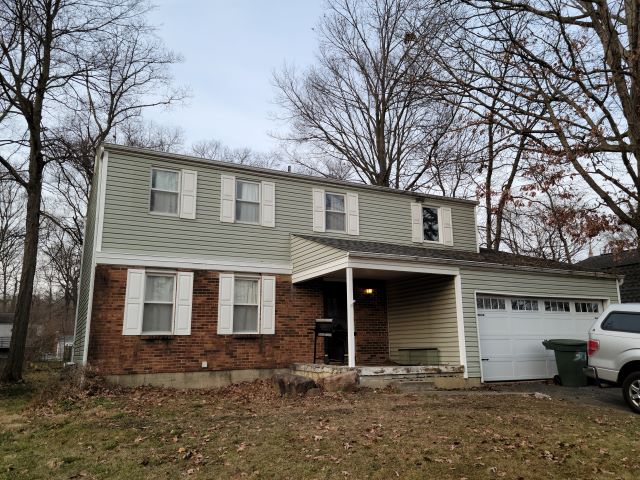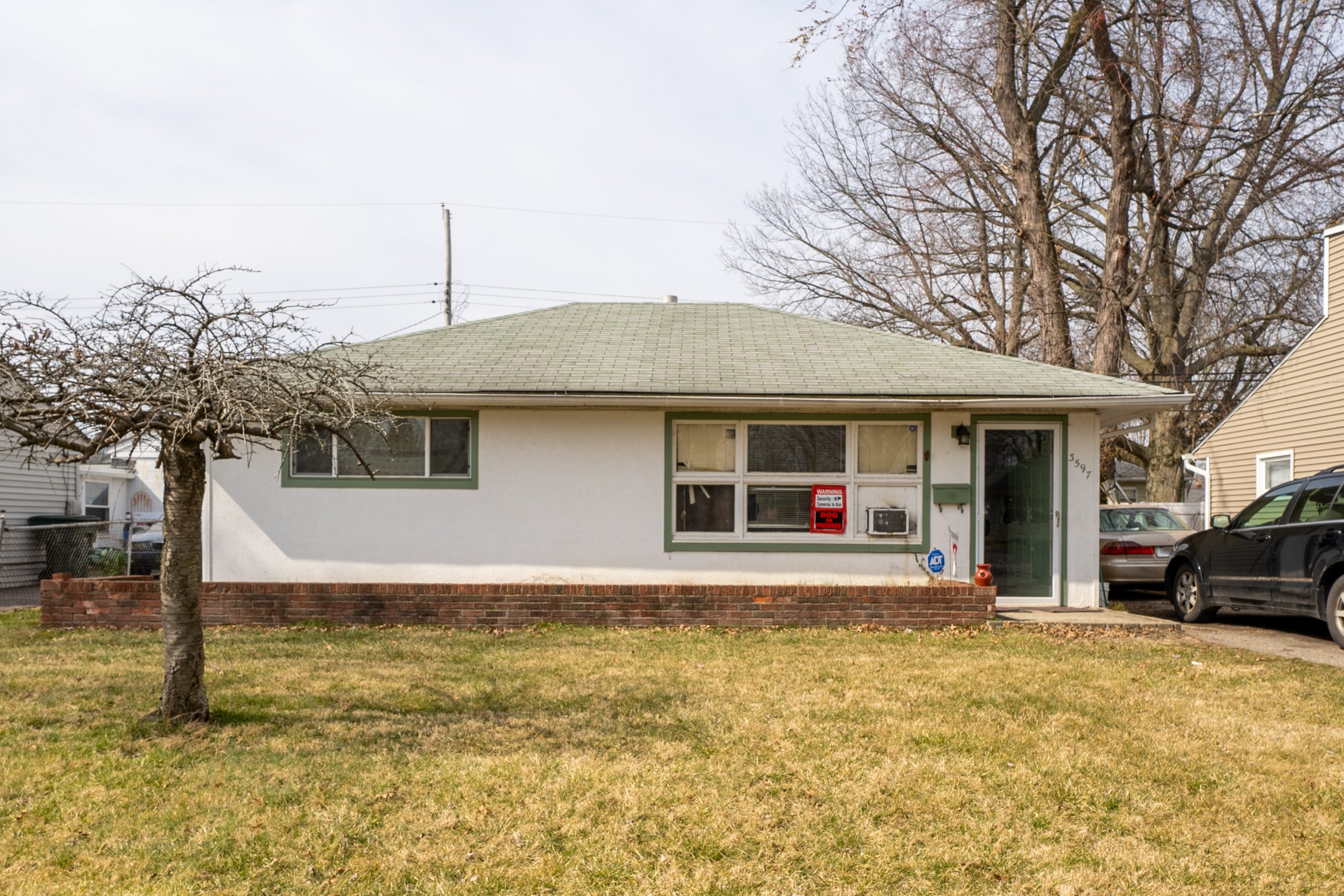Selling an inherited property involves several steps, and managing offers and negotiating terms are among the most crucial. Properly handling this stage can significantly impact the final sale price and terms. This guide provides a step-by-step checklist to help you navigate this process effectively.
Step-by-Step Checklist for Managing Offers and Negotiating Terms on an Inherited Property
1. Prepare for Offers
Understand Market Value
- Research Comparable Sales:
- Look at similar properties in the area that have recently sold.
- Assess features, condition, and price to determine a realistic value.
- Get a Professional Appraisal:
- Hire a licensed appraiser to evaluate the property’s market value.
- Use this appraisal as a benchmark during negotiations.
Set Clear Objectives
- Define Your Priorities:
- Decide what is most important: the highest price, quick sale, or specific terms.
- Establish your bottom line and ideal terms.
- Consult with Your Real Estate Agent:
- Discuss your objectives and the current market conditions.
- Develop a strategy for handling offers and counteroffers.
2. Review Offers
Evaluate Each Offer
- Price:
- Compare the offered price with your appraisal and market research.
- Determine if the price meets your expectations.
- Terms:
- Look at the proposed closing date, contingencies, and any requested concessions.
- Consider if these terms align with your priorities.
- Buyer’s Qualifications:
- Review the buyer’s financing approval or proof of funds.
- Assess their ability to close the deal.
Compare Multiple Offers
- Create a Comparison Chart:
- List each offer’s price, terms, and contingencies.
- Compare them side-by-side to identify the strongest offer.
- Consider Net Proceeds:
- Calculate the net proceeds for each offer, considering all costs and concessions.
- Focus on the offer that provides the best net value.
3. Respond to Offers
Accept, Reject, or Counteroffer
- Accept an Offer:
- Choose the offer that best meets your needs.
- Sign the acceptance and notify the buyer.
- Reject an Offer:
- Politely decline any offers that do not meet your criteria.
- Provide reasons if appropriate to encourage better future offers.
- Make a Counteroffer:
- Adjust the offer terms to better match your objectives.
- Send the counteroffer to the buyer for consideration.
4. Negotiate Terms
Identify Key Negotiation Points
- Price Adjustments:
- Be prepared to negotiate the sale price within a reasonable range.
- Use your market research and appraisal to justify your position.
- Contingencies:
- Common contingencies include financing, inspections, and appraisals.
- Determine which contingencies you are willing to accept or reject.
- Closing Date:
- Negotiate a closing date that works for both parties.
- Be flexible if it means securing a better overall deal.
Communicate Effectively
- Stay Professional and Polite:
- Keep negotiations friendly and respectful.
- Maintain a positive tone to foster cooperation.
- Be Clear and Concise:
- Clearly state your terms and conditions.
- Avoid ambiguous language to prevent misunderstandings.
5. Finalize the Deal
Confirm Agreement
- Review the Final Terms:
- Ensure all agreed-upon terms are clearly documented.
- Double-check for any discrepancies or omissions.
- Sign the Purchase Agreement:
- Both parties sign the final purchase agreement.
- Secure copies of the signed documents for your records.
Prepare for Closing
- Complete Required Inspections:
- Schedule any necessary inspections (e.g., home, termite, or sewer).
- Address any issues that arise from the inspection reports.
- Fulfill Contingencies:
- Ensure all contingencies are met or waived.
- Keep in constant communication with the buyer’s agent to monitor progress.
- Coordinate with Your Attorney:
- Work with your attorney to review the closing documents.
- Ensure all legal requirements are satisfied.
Checklist Summary
- Prepare for Offers:
- Research comparable sales.
- Get a professional appraisal.
- Define priorities.
- Consult with your agent.
- Review Offers:
- Evaluate price, terms, and buyer’s qualifications.
- Compare multiple offers.
- Calculate net proceeds.
- Respond to Offers:
- Accept, reject, or counteroffer.
- Communicate decisions clearly.
- Negotiate Terms:
- Identify key negotiation points (price, contingencies, closing date).
- Stay professional and polite.
- Be clear and concise.
- Finalize the Deal:
- Confirm agreement.
- Review and sign the purchase agreement.
- Prepare for closing.
- Complete required inspections and fulfill contingencies.
- Coordinate with your attorney.
Keywords Used in the Guide
- managing offers
- negotiating terms
- inherited property
- selling inherited property
- property sale process
- real estate agent
- Ohio real estate
- property market value
- purchase agreement
- closing process
Managing Offers and Negotiating Terms on an Inherited Property is simple when following this comprehensive guide and checklist to achieve a successful sale. On your inherited property in Ohio. Taking a systematic approach ensures you maximize your property’s value while minimizing stress during the process.


 Facebook
Facebook
 X
X
 Pinterest
Pinterest
 Copy Link
Copy Link








